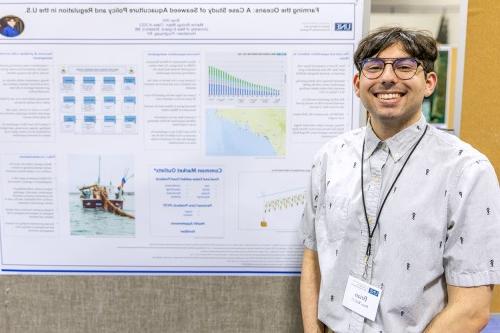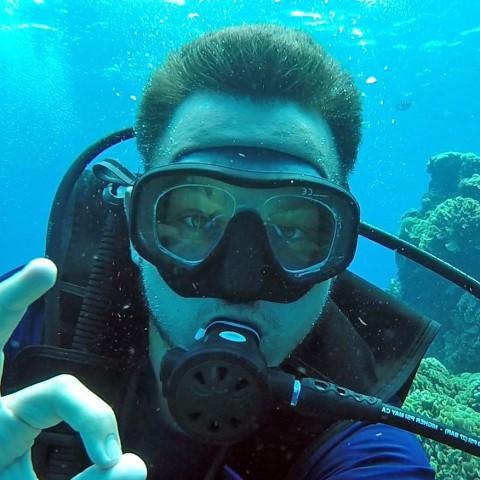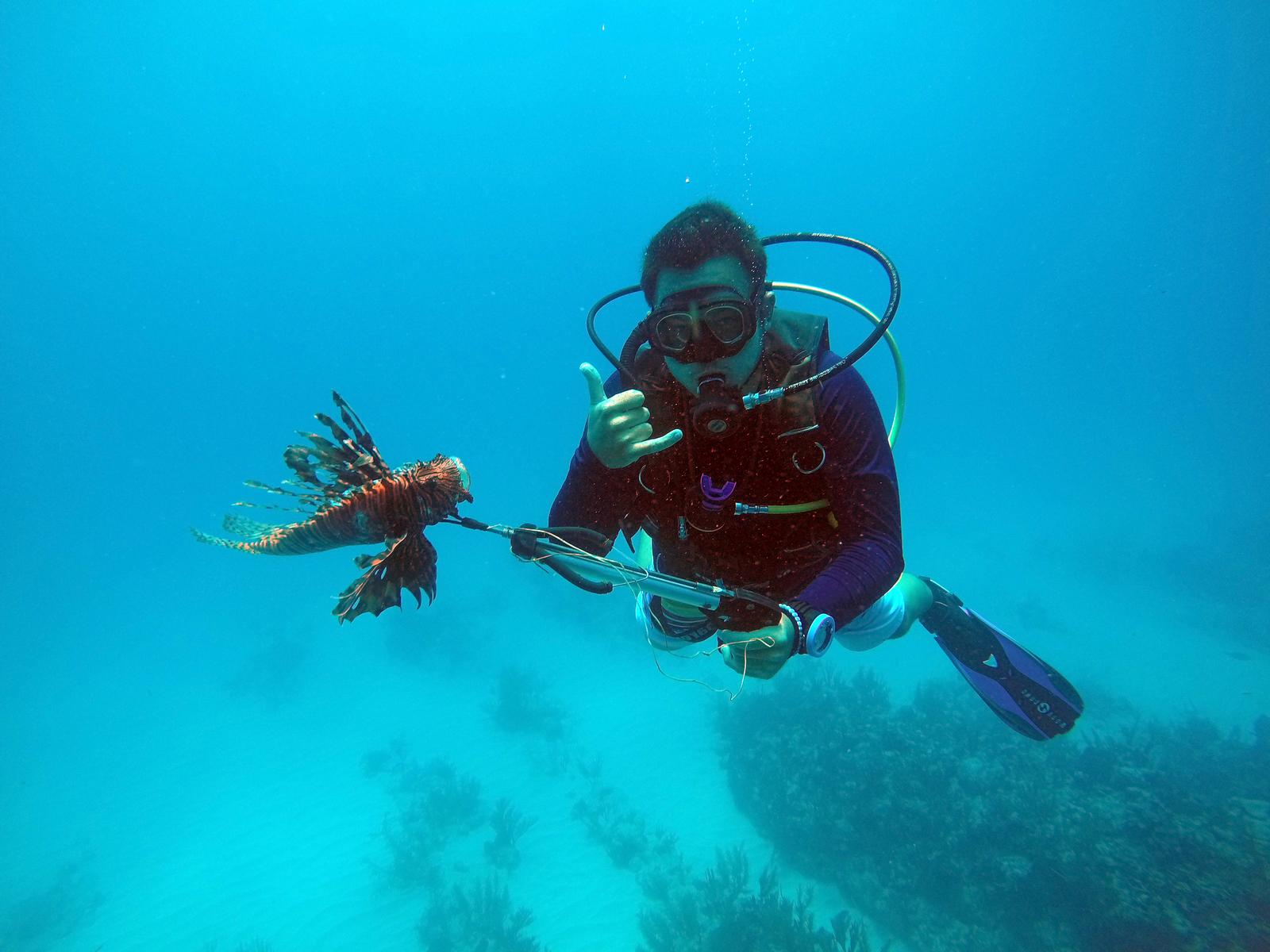Launch Your Career in Ocean Conservation and Marine Policy With a Marine Affairs Degree
Do you have a desire to help preserve our precious ocean resources? As human activities continue to alter our coastal systems, the need is growing for experts in ocean conservation, management, regulation, and governance. Our Bachelor of Arts degree in Marine Affairs is one of only four undergraduate Marine Affairs programs in the U.S., and our shoreline campus is the perfect place to learn best practices in marine policy, ecology, ocean conservation, and sustainable development. Ride the wave into the “Ocean Century” with Marine Affairs at UNE.


Why UNE for Marine Affairs
There is no better place than our scenic coastal campus to acquire an education in marine affairs. Love where you live, and study what you love.
- One of only four programs of its kind in the U.S.
- State-of-the-art Marine Science Center
- Two flow-through seawater teaching labs
- Access to 3,500 miles of Maine coastline
- University-owned island and research vessels
What will you study? Bachelor of Arts Degree in Marine Affairs Curriculum Overview
B.A. in Marine Affairs Courses
There are many ways you can navigate the Marine Affairs program. The following are examples of the exciting courses you can take:
- Marine Pollution
- Ocean and Coastal Law
- Environmental Communication
- Marine Biology
- Geographic Information Systems
- Management of Non-Profit Organizations
- Environmental Economics
Honors Program
Meet Hannah, a Marine Affairs major
Career Paths for Marine Affairs Program Grads
As a Marine Affairs major at UNE, you will combine the discipline of marine biology with the critical study of marine policy issues that affect everything from maritime trade to ocean conservation and sustainability practices. With undergraduate research experiences and internships with local employers, you’ll soon be charting your course to a rewarding career in marine affairs.
With a degree in Marine Affairs, you may pursue many fascinating professions in ocean conservation and marine policy, including:
- Marine Law Attorney
- Environmental Educator
- Conservation Advocate
- Government Agency Researcher/Analyst
- Outreach and Communications Specialist
- Natural Resource Management and Policy Developer
Career Advising for Marine Affairs Majors
Whether you have a specific career goal in mind or a vague idea of the field that interests you, Career Advising is here to help you plan your next step.
Marine Affairs Program Facilities
UNE offers some of the best research, lab, and classroom facilities in the nation for the study of marine science — and you can access all of them right from our main campus in Biddeford, Maine.
Take a Virtual Tour of the Marine Science Center
Experiential Learning in Marine Affairs
Whether it’s interning on a whale watch boat, analyzing ocean conservation strategies, or designing environmental education plans, Marine Affairs at UNE gives you real-world, hands-on experiences.
Marine Affairs Internships
As a student in our Marine Affairs program, you’ll have access to exciting internship opportunities at sites such as:
- National Oceanic and Atmospheric Administration
- Wells National Estuarine Research Reserve
- New England Aquarium
- Friends of Casco Bay
- Atlantic Salmon Federation
- Cape Ann Whale Watch
- Maine Lobsterman’s Association
- Seacoast Science Center
- Gulf of Maine Research Institute
For more information email the Academic and Career Advising Center at advising@egyptawe.com.

Marine Affairs Research Opportunities
Undergraduate research is an essential part of our bachelor of arts degree programs, no matter which major you choose. You will conduct field research through your regular coursework beginning your first year, with additional opportunities to gain experience through faculty labs and multi-institutional initiatives.
Marine Affairs Research Fellowships
In addition to lab classes and faculty lab positions, UNE provides pathways for you to obtain research experience through fellowships from partners and programs including Pratt & Whitney, Bristol Seafood, SEANET, and the Summer Undergraduate Research Experience.
Research Areas for Marine Affairs Majors
The field of Marine Science is as broad and diverse as the vast oceans that cover most of our planet. At UNE we touch upon all facets of marine science with special focuses in the following areas of research.
APPLIED MARINE TECHNOLOGY
Applied marine technology is a crucial Marine Programs research area that cuts across all others. Robotics, research vessels, remote and autonomous underwater vehicles, environmental monitoring, and modeling are all vital tools that enable modern marine research to occur. Researchers in this area are interested in innovations in and novel applications for marine technology.
Biology of Marine Organisms
Our Marine Programs faculty and professional staff conduct a wide range of research in the areas of biology and ecology of marine organisms. This research area is very broad and ranges from marine genetics to the migration patterns of large animals like sharks, seals, and whales. From seaweed to sharks — plankton to pinnipeds (seals!) our team covers it all.
Food from the Ocean
With a global human population headed towards 10 billion by 2050, understanding the interactions between the ocean and what we eat is more important than ever. Our location on the coast of Maine has a deep heritage and connections to the people and communities who have harvested food from the sea, and the ecosystems that provide it. We have robust research and education programs in this focus area including fisheries science and management, ecological aquaculture, marine entrepreneurship, migration of highly migratory species, and food web ecology.
Human Impacts on the Ocean
Evidence of human impact on the ocean is everywhere, not just limited to our coastal oceans. Plastics and chemicals have been documented from the deepest depths of the global seas, while climate change affects all aspects of the ocean. More and more, we cannot separate studying the natural ocean environment apart from human influence. Fisheries, microplastics, policy, pollution, conservation, and restoration all fall into this category. UNE Marine Programs faculty, professional staff, and students are focused on research and solutions across the spectrum of human influence on our seas.
Global Education in Marine Affairs
In addition to opportunities to spend a semester abroad in Tangier, Morocco or Seville, Spain for the same cost as studying at UNE's Maine campuses, you may choose to enroll in one of our marine sciences-related travel courses. To enroll in these courses and learn more, visit the Global Education Program website.
Interested in studying abroad? Make a plan with your advisor.
Apply Today










